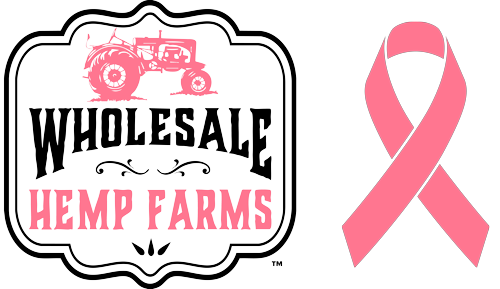Water-Efficient Farming: Why Hemp Leads the Way
With increasing concerns over water scarcity and sustainable farming practices, the spotlight is on crops that require fewer resources to thrive. Hemp, especially when comparing it to traditional crops like cotton, stands out as an environmentally friendly and water-efficient choice. This post explores the reasons why hemp is a superior option for farming in dry regions, and why its cultivation could be crucial for the future.
Hemp's Water Efficiency
One of the most notable advantages of hemp is its water efficiency. Unlike crops that drain water supplies, hemp requires significantly less water to cultivate. While a cotton plant might consume approximately 10,000 liters of water to produce just one kilogram of fabric, hemp needs a fraction of that amount. This is particularly beneficial for regions where water resources are scarce or heavily regulated.
Why Dry Regions Benefit
For farmers in arid or drought-prone areas, growing a water-thirsty crop can be economically and environmentally unsustainable. Hemp offers a viable alternative, enabling farmers to maximize their output without overwhelming local water supplies. The plant's deep-root system is incredibly efficient at accessing underground water, further reducing its reliance on external irrigation.
The Environmental Impact
Besides water conservation, hemp farming has a range of positive environmental impacts. It requires fewer pesticides and synthetic fertilizers than many conventional crops, which helps reduce the runoff of harmful chemicals into nearby waterways. Additionally, hemp grows quickly and effectively sequesters carbon dioxide, aiding in the fight against climate change.
If you're interested in exploring different varieties of this remarkable plant, check out our range of Mothership Flower and Orange Gas Flower. For more information on hemp flowers, visit our Hemp Flower page.
The Economic Upside
In addition to being environmentally favorable, hemp cultivation can be highly profitable. Its diverse applications range from textiles to CBD products, and the market demand is steadily growing. By investing in hemp, farmers can secure a profitable crop while contributing to sustainable farming practices. Curious about our offerings? Explore our Hemp Smalls and other varieties.
A Sustainable Path Forward
Hemp's adaptability and minimal water requirement make it an ideal crop for the future of sustainable agriculture. As we face continued challenges with climate change and resource management, hemp presents a solution that could provide economic and environmental benefits to farmers worldwide.
For further questions on hemp cultivation and products, feel free to check out our comprehensive FAQ page or Contact Us directly. Interested in something sweet? You might find our CakeBerry Brûlée particularly delightful!

